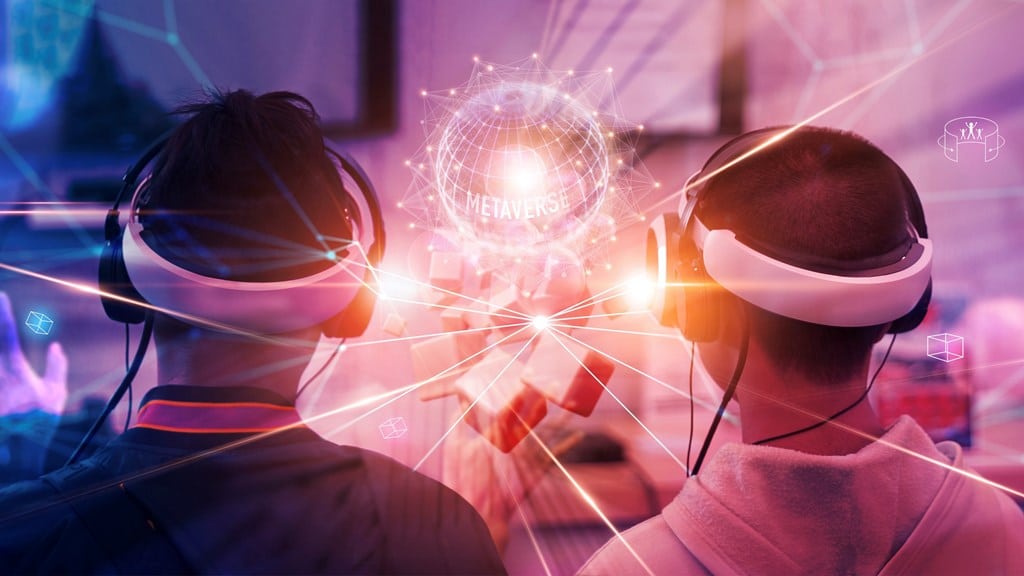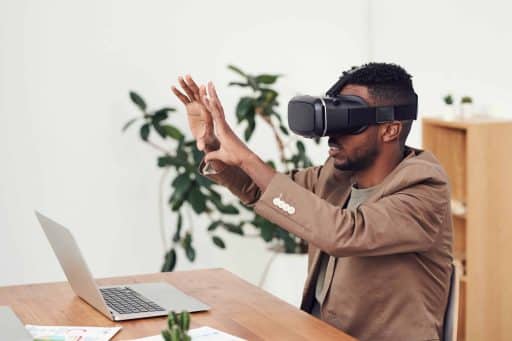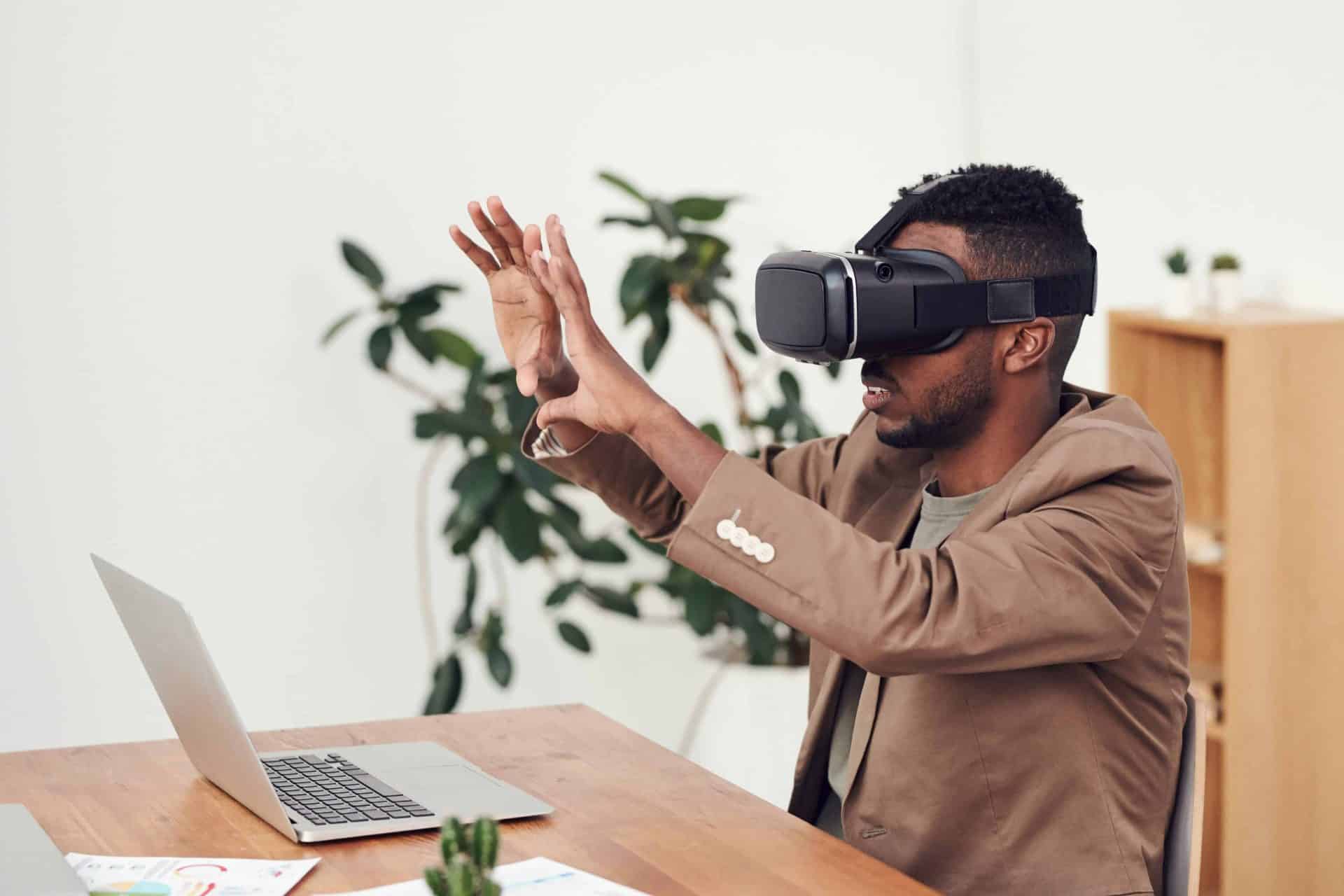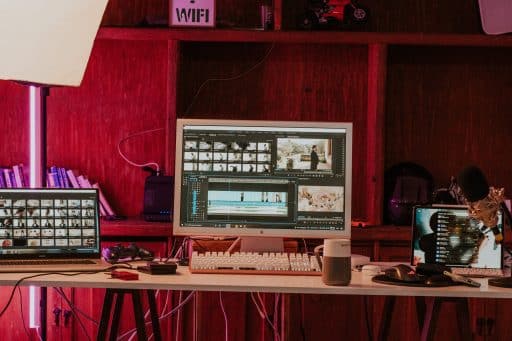A reflection on the potential long-term implications of the Metaverse on the future of humanity, including social, cultural, and technological changes.
The Metaverse is a concept that has gained significant attention in recent years, fuelled by advancements in technology and the growing popularity of virtual reality. It refers to a shared virtual space where people can interact with each other and digital objects in a highly immersive and interactive way. While the Metaverse is still in its early stages of development, it has the potential to radically transform the way we live, work, and socialise. In this blog post, we will reflect on the potential long-term implications of the Metaverse on the future of humanity.
The Metaverse is not just a technological innovation, it’s a gateway to a new dimension of human interaction and experience, with the power to reshape our reality in ways we can only begin to imagine.
Social Implications
The Metaverse has the potential to revolutionise the way we interact with each other. As people spend more time in virtual spaces, they will have the opportunity to connect with others from around the world in ways that were not previously possible. This could lead to greater social cohesion and understanding as people from different cultures and backgrounds come together in shared virtual spaces.
At the same time, there are concerns about the impact of the Metaverse on social isolation and loneliness. As people spend more time in virtual spaces, they may become disconnected from the physical world and the people around them. This could lead to a further breakdown of social bonds and a rise in mental health issues.

Cultural Implications
The Metaverse could also have significant cultural implications. Virtual spaces can provide new opportunities for cultural expression and exploration. People could create and share art, music, and literature in new and innovative ways. Virtual museums and galleries could provide new avenues for cultural preservation and education.
However, there are concerns about the potential homogenisation of culture in the Metaverse. As people from around the world come together in shared virtual spaces, there is a risk that cultural diversity could be lost. This could lead to a reduction in the richness and complexity of human culture.
Technological Implications
The Metaverse is a highly complex technological system that will require significant advancements in a range of fields, including artificial intelligence, virtual reality, and blockchain. These advancements could lead to new breakthroughs in these fields, as developers work to create more immersive and interactive virtual spaces.
At the same time, there are concerns about the potential negative impacts of the Metaverse on technological progress. As resources are directed towards the development of the Metaverse, there is a risk that other important areas of technological advancement could be neglected. Additionally, there are concerns about the potential impact of the Metaverse on privacy and security, as people share increasing amounts of personal information in virtual spaces.
Conclusion
The Metaverse has the potential to radically transform the way we live, work, and socialise. While there are concerns about the potential negative impacts of the Metaverse, there are also many opportunities for positive change. As the Metaverse continues to develop, it will be important to consider its potential long-term implications on the future of humanity, including social, cultural, and technological changes. It is up to us to ensure that the Metaverse is developed in a way that promotes the well-being of all people and enhances our collective human experience.
Key Takeaways
- The Metaverse is a virtual universe where people can interact with each other and digital objects in real-time.
- It has enormous potential to transform the way we live, work, and play, creating new opportunities for socialising, entertainment, and commerce.
- The Metaverse could also have significant implications for education, training, and skill development, allowing people to learn and acquire new skills in a virtual environment.
- However, the Metaverse also poses potential risks and challenges, including isolation and disconnection from the physical world, mental health issues, social inequalities, and data privacy and security concerns.
- It is important to carefully consider the potential risks and benefits of the Metaverse and ensure that it is developed in a way that maximises its potential benefits while minimising any potential negative consequences.
- As the Metaverse continues to evolve, it will be exciting to see how it is integrated into our daily lives and how it shapes the future of humanity.
- Ultimately, the key takeaway is that the Metaverse has the potential to be a transformative technology, but it must be developed and used responsibly to ensure that it benefits society as a whole.






